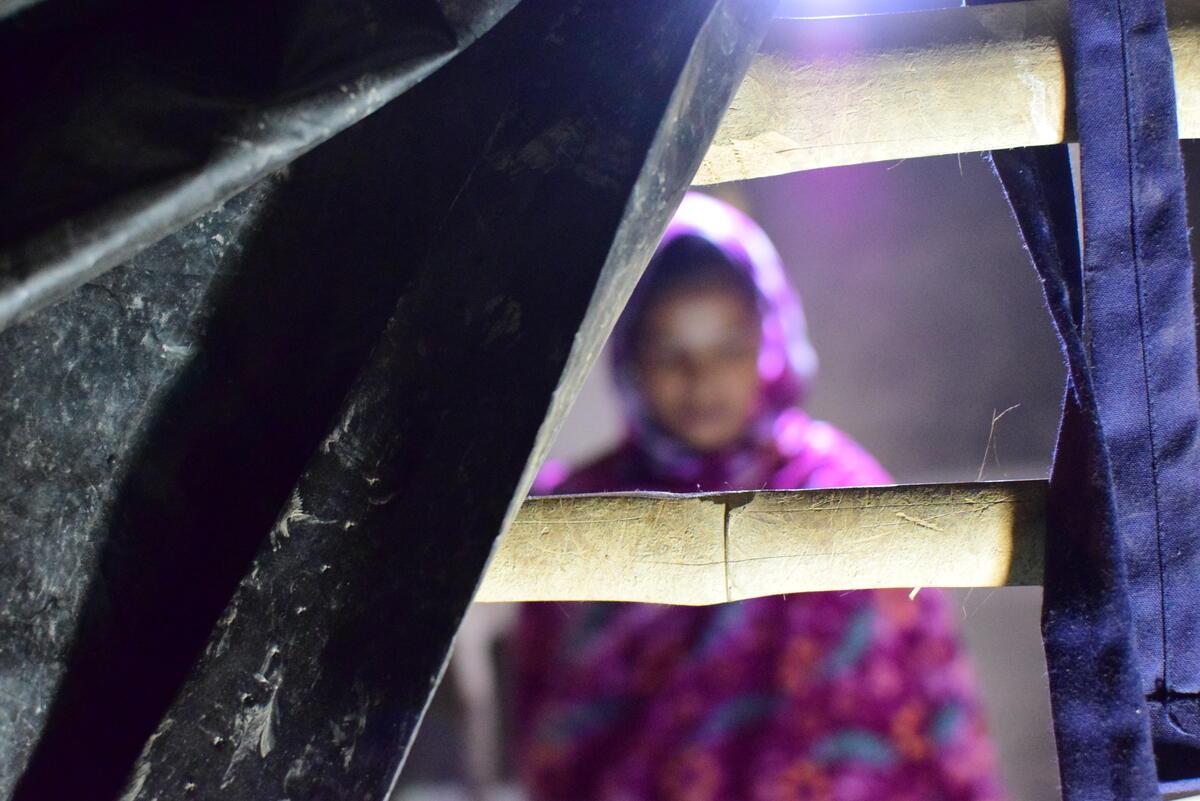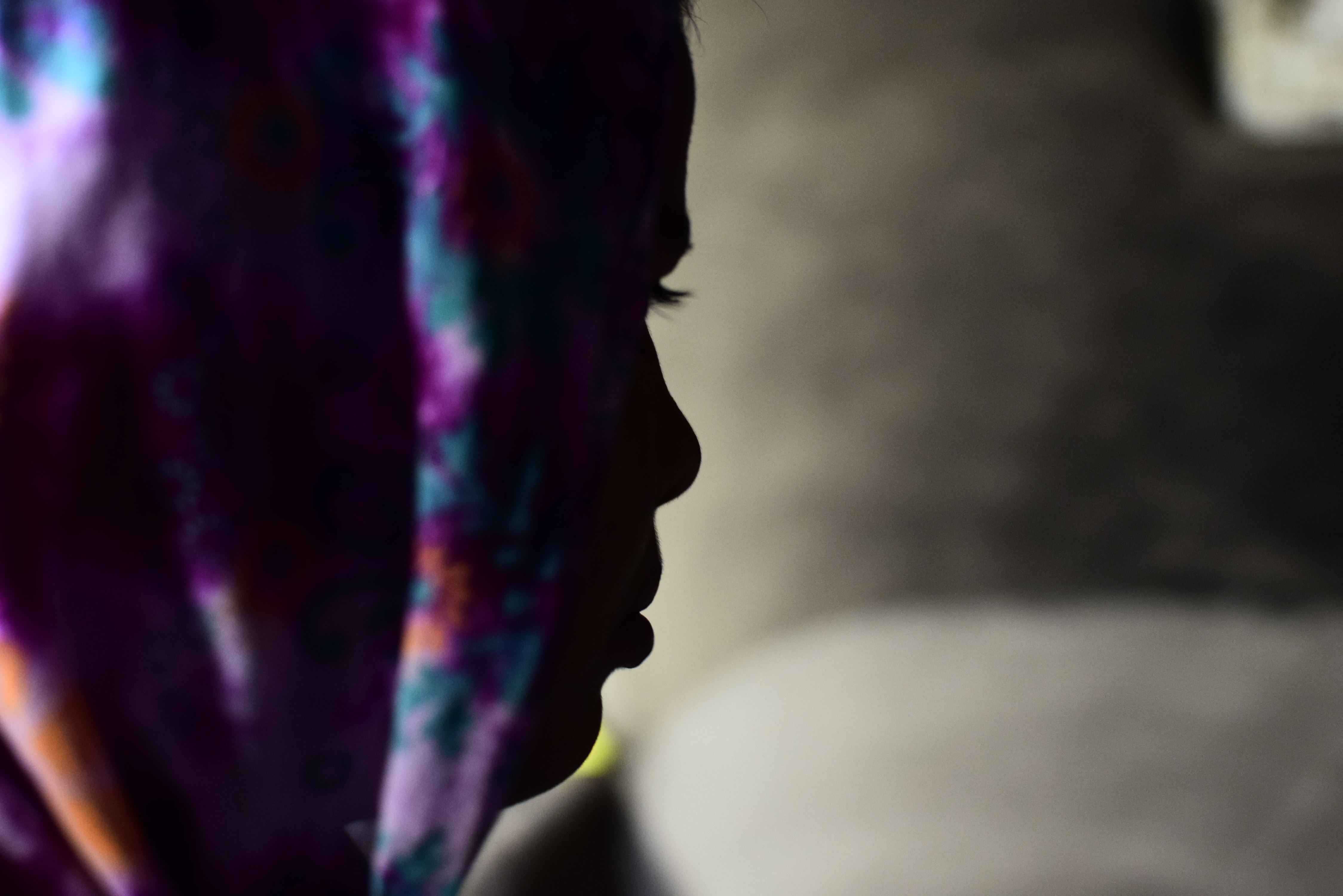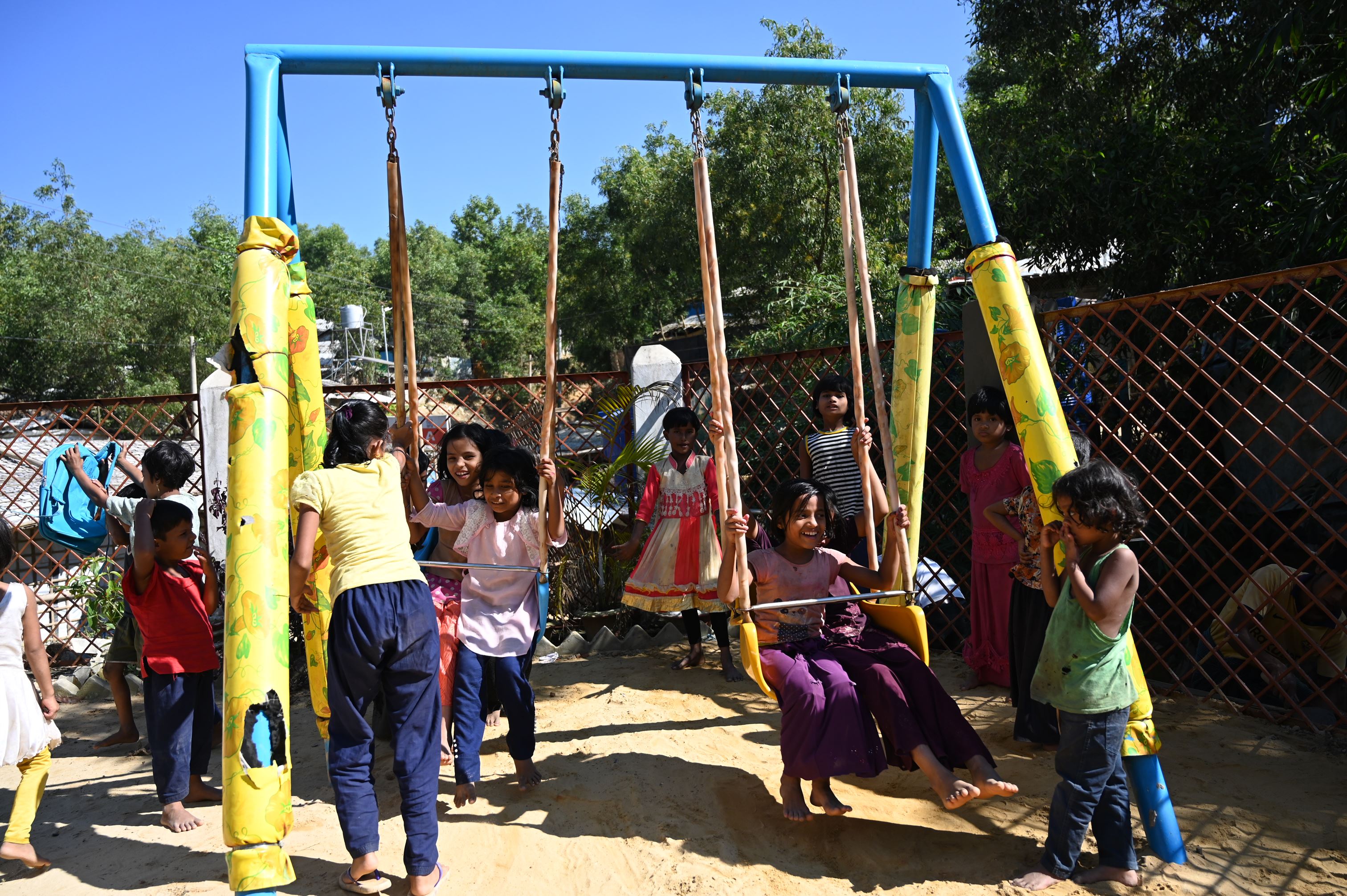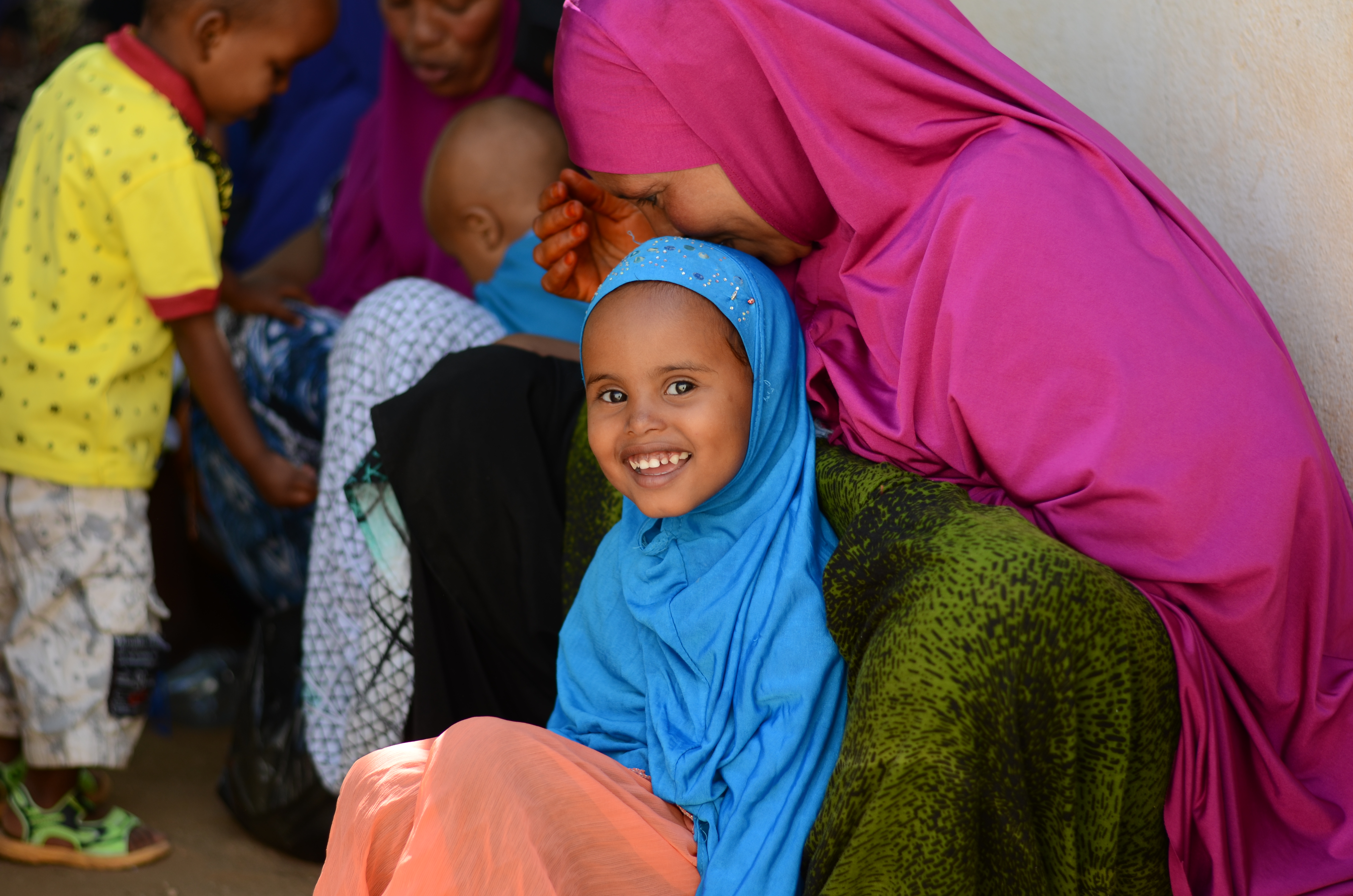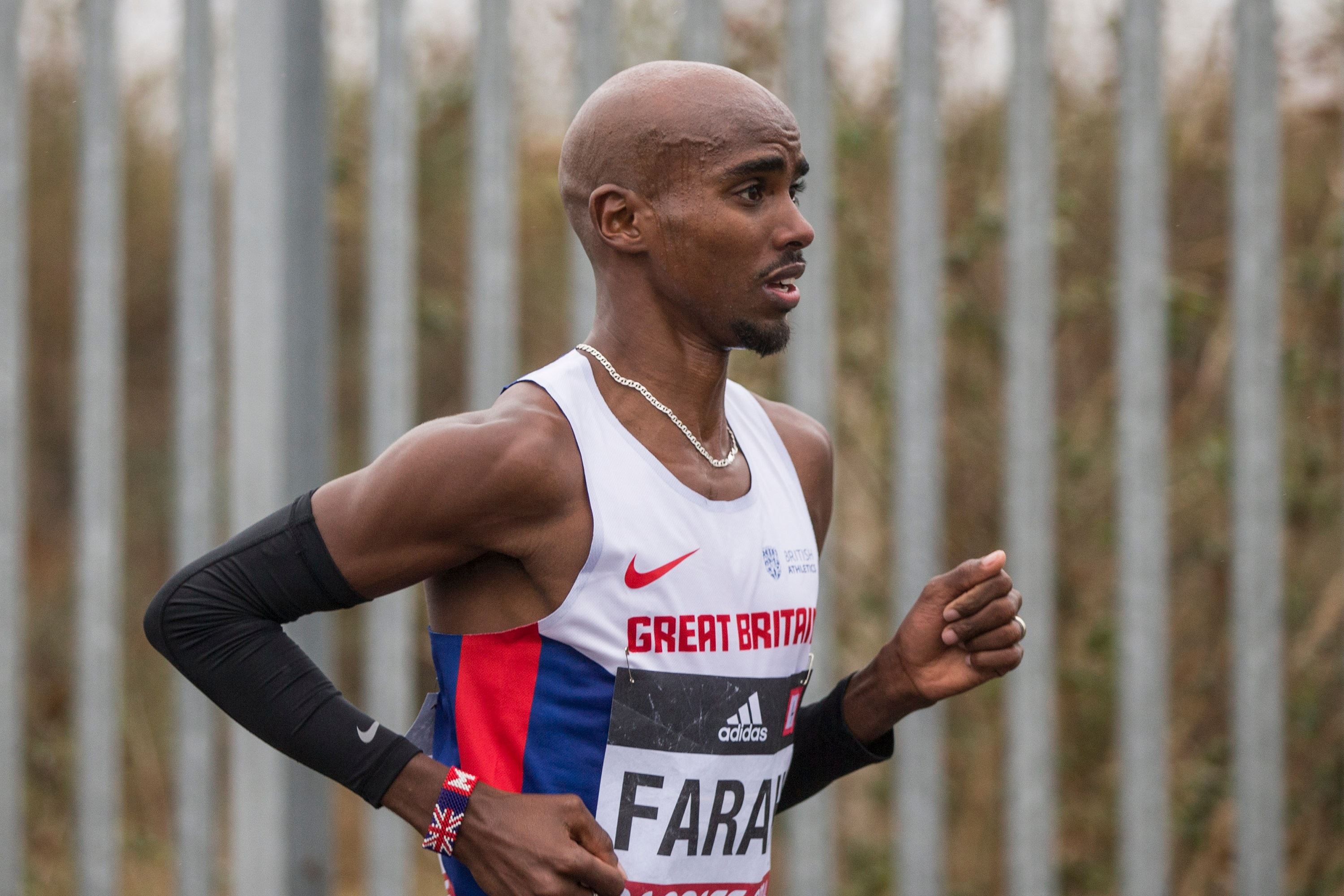
Sir Mo Farah reveals he was trafficked to the UK
The true story of an Olympic legend
Sir Mo Farah’s impact on the running world has been undeniable, as a four-time Olympic champion and the holder of six World titles, there are few people in the UK who don’t know his name, or his infamous “Mobot” celebration. Originally from Somaliland, Farah has told people throughout his career that he came to the UK from Somalia with his parents as a refugee, however, he has now revealed that he was in fact trafficked to the UK illegally and forced to work as a domestic servant as a child.
READ MORE: What is a refugee?
The revelation comes as Farah explains he is ready to tell the truth about his childhood experience, which he shares in full in his upcoming BBC documentary, The Real Mo Farah.
In the documentary, the Olympic legend shares: “Most people know me as Mo Farah but it’s not my name or it’s not the reality. The real story is I was born in Somaliland, north of Somalia, as Hussein Abdi Kahin.
“Despite what I’ve said in the past, my parents never lived in the UK.
“When I was four my dad was killed in the civil war, as a family, we were torn apart. I was separated from my mother, and I was brought into the UK illegally under the name of another child called Mohamed Farah.”
The story of Hussein Abdi Kahin
When only four years old, Hussein Abdi Kahin’s father, Abdi, was killed by stray gunfire during civil violence in Somaliland. After this, his family was torn apart, and when he was eight or nine years old, he was taken from Somaliland to neighbouring Djibouti to stay with family. He didn’t stay in Djibouti for long and was flown to the UK by a woman he didn’t know, who claimed she’d be taking him to Europe to live with his relatives there. He was, as most children growing up in a war-torn country would have been, excited at the chance of a fresh start.
However, that excitement was quickly diminished after landing in the UK. The woman told him to tell people his name was Mohamed, giving him fake travel documents with his photograph next to another child’s name. When in the flat in Hounslow that Hussein would spend the next years of his life in, the woman took the piece of paper he had with his relatives’ contact details on and tore it apart, throwing it away, it’s at this moment he revealed he knew he was in trouble.
This woman then forced Hussein to work as a domestic servant, telling him he would do as he was told if he ever wanted to see his family again. For the first few years of his life in the UK, this was all Hussein knew, but when he turned 12, he enrolled in the local Community College, a turning point in his life.
Teachers here could see that something was wrong, but in PE class Hussein thrived, gaining enough confidence to open up to his PE teacher Mr Watkinson about his true past and identity, and the horrible situation he found himself in. Because of this confession, social services managed to intervene, and Hussein was fostered by the mother of one of his friends, another Somali family.
His love for sport continued and his running prowess soon shone. So that he was able to compete in competitions outside of the UK, Mr Watkinson helped him apply for British citizenship under the name ‘Mohamed Farah’, which was granted in July 2000.
He then went on to become the champion runner we know him as, with the country shouting a name that he wasn’t born with whenever he raced. In fact, he was so affected by his past that it took him years to reveal to his wife, Tania Farah, the truth of his childhood.
His upcoming documentary allows Hussein to share the truth of his story, and he hopes it’ll reframe public perspective on trafficking and slavery. In the documentary, we see him connect with his family, talk about his experience and even meet with the real Mohamed Farah whose identity he was given when he came to the UK.
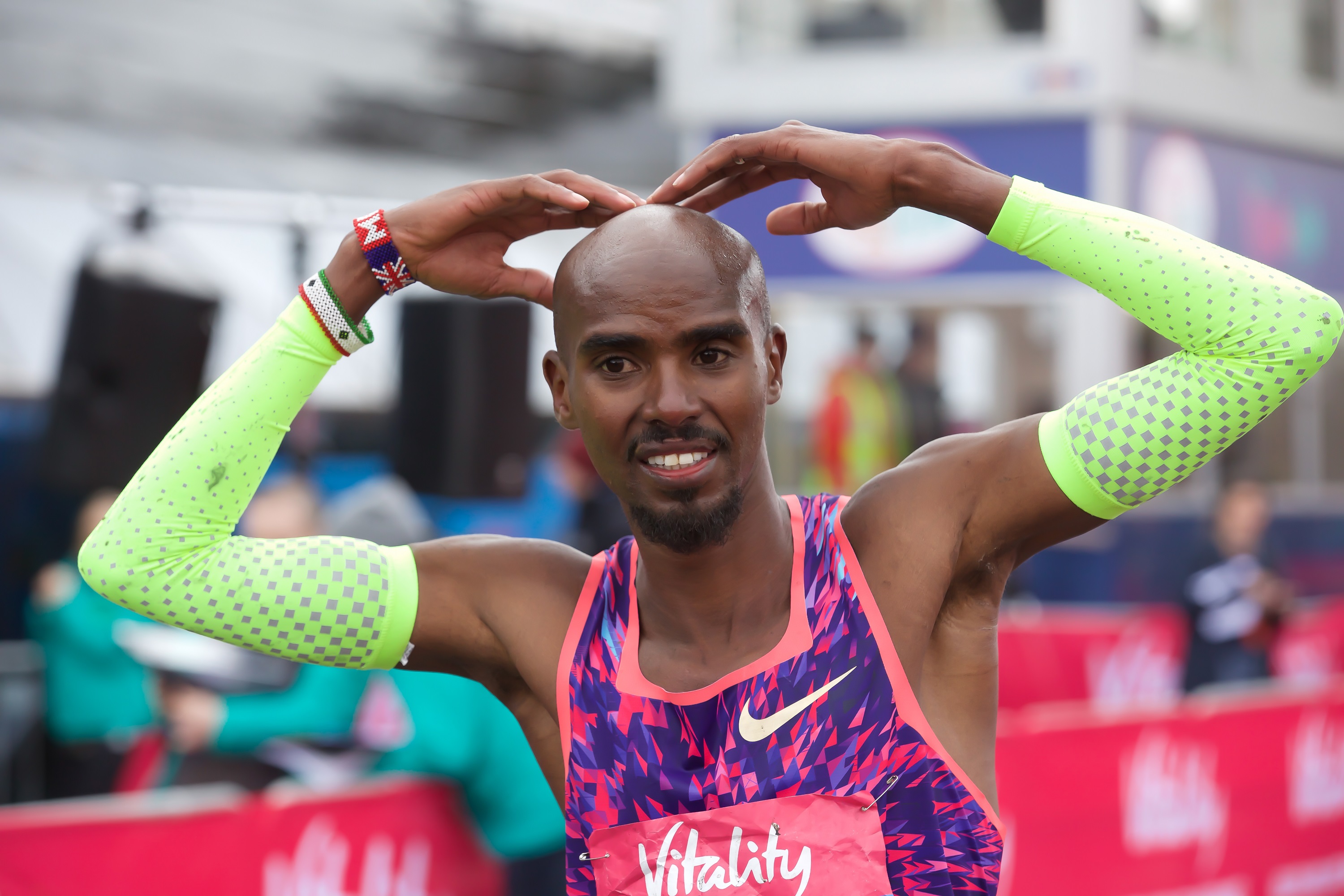
The fight against child trafficking
It can be easy to think of child trafficking as a problem that doesn’t affect the UK, but with the news of one of the country’s most beloved athlete’s traumatic childhood experience, it brings the issue much closer to home for many people.
The reasons for child trafficking can be wide, from domestic labour like in the case of Farah to recruitment for armed groups, sex work and even adoption. In fact, Farah’s story is quite typical, as two situations when children are most likely to be trafficked is after their family is torn apart by natural disasters or violent conflict, as was happening in Somaliland at the time.
Child trafficking is a lucrative business for those involved, and it’s estimated to be a $150 billion a year industry. Even for those like Farah who manage to escape and find a safer home, reintegrating can be challenging, and people can be left with lasting emotional and physical trauma, as well as missing out or having their education delayed.
READ MORE: Tragedy of child trafficking… and a rescue story
Trafficking is a complex issue that requires working in partnership with government, communities and children themselves to solve. At World Vision, our work aims to tackle the root causes of trafficking through a combination of different approaches, ranging from prevention and protection to prosecution and advocacy work.
By supporting children and their communities in areas where the risks are high, we can identify potential victims and report signs of trafficking, advocate for children’s rights, provide the things they need such as emergency shelter and essential care to keep families together, and help stop child trafficking. As well as that, we’re always on hand to provide education about the rights of victims of trafficking, including the rights of those who are trafficked to the UK.
We are also part of the PACE (Partnership Against Child Exploitation), a partnership of organisations that are working together to combat the exploitation of children in the worst forms of child labour, including domestic labour like Farah faced when first arriving in the UK.
The battle against child trafficking is far from over, but we hope that by Sir Mo Farah sharing his story, more people will look for ways to help support UK charities like ours who are working with communities to end the practice.
We have to remember that, although Farah’s story has a happy ending, many children’s do not, and we need to continue working tirelessly to fight child trafficking.
The Real Mo Farah airs at 6am on BBC iPlayer and 9pm on BBC One on July the 13th.

